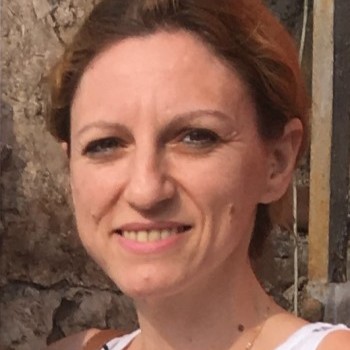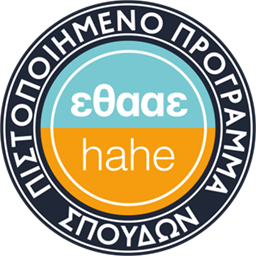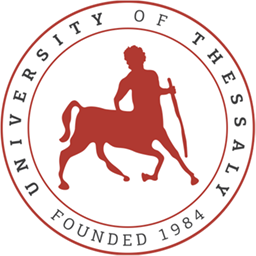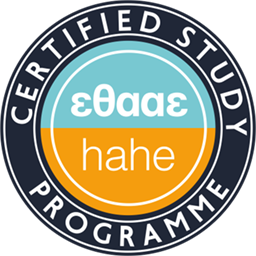Plant Biotechnology
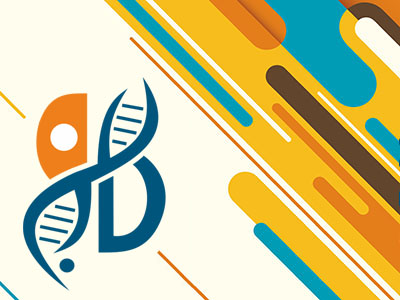
Theory: 3 hours/week | Practicals: 2 hours/week | ECTS Units: 5
Content – Aim of the course
The course will introduce the student to the field of plant biotechnology, modification and use of the plants for improvement of human well being. The student will learn modern protocols of plant transgenesis including transformation and regeneration. Plant genetics, selection and crossing of Arabidopsis thaliana as well as plant pathology based on the interaction of Tobacco with Tobacco Mosaic Virus (TMV) will be introduced.
Analytical Description of the Course
- Plant tissue culture
- Model plants in Plant Biotechnology
- Transgene features (factors that affect expression, modification, promoters, etc.)
- Agrobacterium tumefaciens (biology, Τi plasmid, tumor formation, T-DNA transfer, transformation, vector systems, transgene analysis)- Αgrobacterium rhizogenes
- Methodologies for direct gene transfer (particle bombardment, electroporation etc.)
- Clean DNA technology
- Plastid transformation
- Transient gene expression-Gene silencing transformation systems
- Applications:
- Improved Agronomic traits
- Improved quality and yield traits
- Improved developmental traits
- Molecular “pharming”
- Risk assessment
- Patents- Public acceptance of transgenic plants
- Molecular breeding
- Genomics and mutagenesis (tagging, high-throughput systems, etc.)
Practicals
- Agrobacterium tumefaciens-mediated in planta-transformation of Arabidopsis thaliana (floral-dip). Selection of putative transformants.
- Quantitative and histochemical analysis of gus gene in transgenic Arabidopsis thaliana.
- Transient expression of gfp transgene in Nicotiana benthamiana.
- Gene silencing of gfp transgene in Nicotiana benthamiana.
- In silico search of gene sequences and identification of mutations in on-line gene databases.
Assessment
Exams will be on the material covered in lectures, as well as readings, assignments and in-class discussions. They will exist of a mix of question types: short answers, problem solving, short essays, and multiple-choice.
The final evaluation will be determined from the following components:
- Two midterm exams
- Final exam
- Miscellaneous lecture assignments
- Lab quizzes
- Lab reports
Reading Suggestions
- Plant Biotechnology. Andrian Slater, Nigel W Scott and Mark R Fowlerian Slater, Nigel W Scott and Mark R Fowler. Oxford University Press, UK., 2002.
Teaching Material / E-class
Lecturers
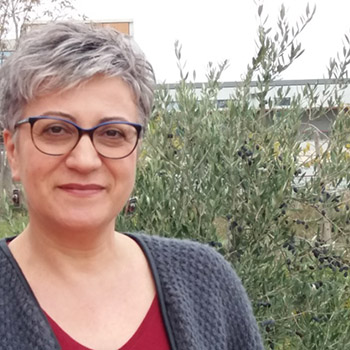
Papadopoulou Kalliope (Course Coordinator)
